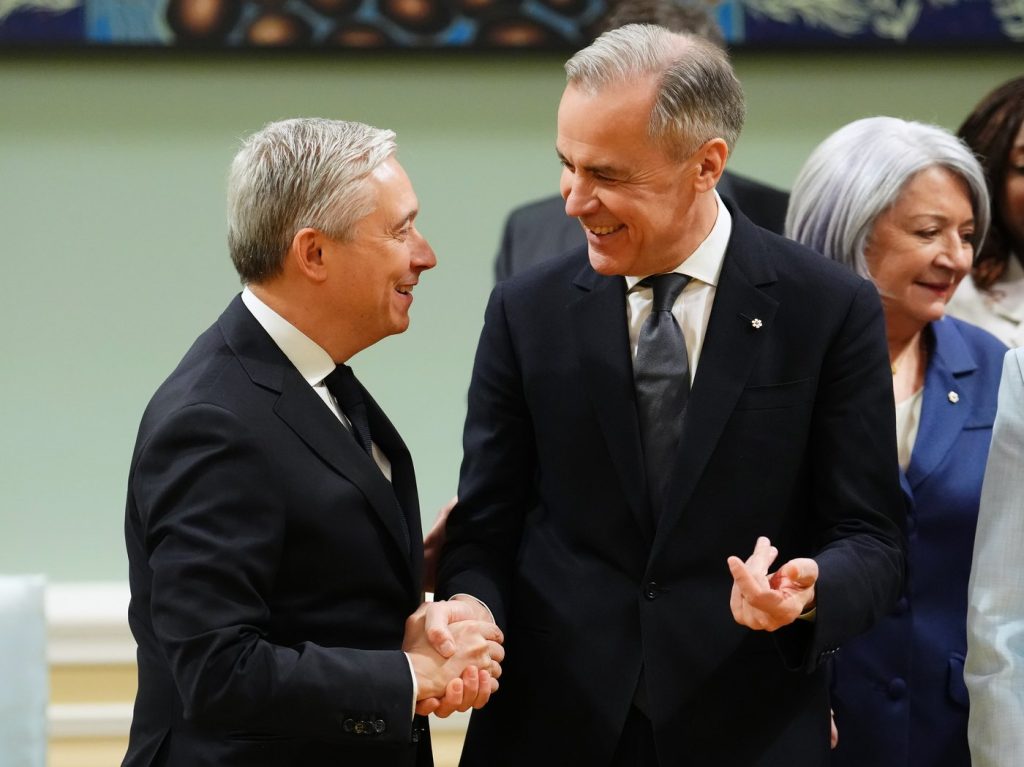OTTAWA – The federal government is poised to announce its budget today, marking the Liberal Party's first fiscal update in nearly a year. This budget is particularly significant as it encapsulates Prime Minister Mark Carney's agenda since the party unveiled its spring election platform.
Government House leader Steven MacKinnon conveyed to the House of Commons on Monday that the upcoming budget will be both affordable and designed to instill pride in Canadians by reducing taxes and creating new opportunities for young people. This optimistic outlook reflects the government's commitment to economic growth and social welfare, aiming to improve the lives of citizens across the country.
Finance Minister François-Philippe Champagne emphasized that the budget will comprise "generational investments," asserting that it will cater to the needs of every Canadian. This indicates a broad and inclusive approach to fiscal policy, with investments planned to benefit various demographic groups and regions.
The Carney administration's inaugural budget is centered on enhancing investment in Canada and reorienting trade strategies in response to growing protectionist policies under the administration of U.S. President Donald Trump. By focusing on domestic investment and international trade diversification, the government aims to bolster the Canadian economy and reduce reliance on potentially volatile external markets.
However, the success of this budget is contingent upon parliamentary support, as the vote on the budget bill represents a confidence vote. With Carney's caucus currently three votes short of a majority, the federal government will require assistance from opposition MPs to either endorse the budget or abstain from voting. This scenario sets the stage for potential negotiations and political maneuvering in the coming hours.
During a press conference in an Ottawa suburb on Sunday, Conservative Leader Pierre Poilievre expressed a willingness from his caucus to support an "affordable" budget. He called on the government to take decisive action by eliminating the industrial carbon tax, the capital gains tax, and reducing taxes on energy and home building. These proposals indicate the Conservative Party's focus on fiscal conservatism and economic incentives aimed at stimulating growth in specific sectors.
This budget announcement, with its implications for taxation and investment, is not only a critical moment for the current government but also holds significant ramifications for the Canadian populace as they await the measures that will directly affect their financial well-being and economic opportunities.
This report highlights the complexities involved in budget formulation, the political dynamics at play in securing legislative support, and the broader economic implications of the government's proposed fiscal policies. The timing of this budget is crucial, as it arrives amidst fluctuating economic conditions and changing international trade dynamics that could shape Canada's future economic landscape.










